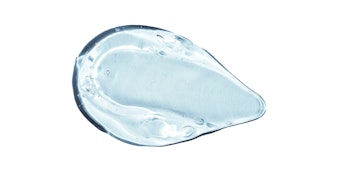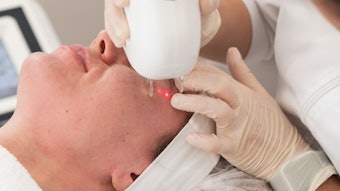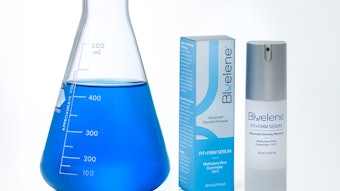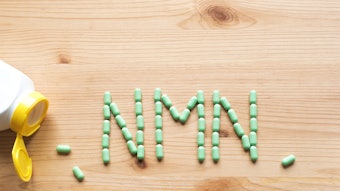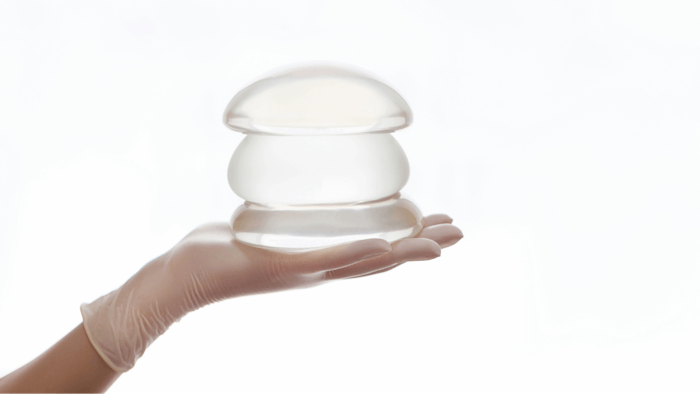
Currently the global breast implant market is estimated to be $3 billion, while breast reconstruction and augmentation procedures represent the second most common plastic surgery procedure performed worldwide. The most common procedures utilize synthetic breast implantations made of silicone, an artificial substitution for natural regenerated tissue with a risk of complications. However, this is all about to change, as CollPlant Biotechnologies and Stratasys Ltd. have commenced their pre-clinical study with 200cc commercial-sized regenerative implants printed on a Stratasys Origin 3D printer. This next generation breast implant technology is designed to regenerate natural breast tissue without immune response, shaping the very future of reconstructive and aesthetic breast implant procedures.
Back in 2022, we began looking into CollPlant's 3D bioprinted regenerative breast implant program. CollPlant's innovative 3D bioprinted regenerative breast implants aim to address challenges associated with silicone implants and autologous fat transfer. Later that year, CollPlant announced the launch of Collink.3D 90, a recombinant human collagen (rhCollagen)-based bioink for use in a variety of 3D bioprinting applications.
Bioinks are crucial in tissue engineering, requiring specific mechanical properties to mimic target tissues while ensuring cell viability. CollPlant CEO, Yehiel Tal, commented, "We believe our bioinks deliver a favorable alternative to existing commercial bioinks owing to their high bio-functionality, rheological properties and high purity."
Now, in a significant step in the advancement of regenerative medicine, CollPlant Biotechnologies and Stratasys Ltd. announced the commencement of a pre-clinical study with 200cc commercial-sized regenerative implants printed on a Stratasys Origin 3D printer. These novel implants aim to regenerate natural breast tissue without immune response, potentially revolutionizing both reconstructive and aesthetic procedures in the $3 billion breast implant market.
Since announcing their collaboration in April 2023, Stratasys has adapted the Origin printer to print the regenerative implants, and CollPlant successfully managed to 3D-print them at 200ccs, per CollPlant. The collaboration, focused on the development of a bioprinting solution for CollPlant's breast implants, in addition to finding solutions to scale-up the implant's fabrication process, has proven to be successful thus far. The pre-clinical study will assess the implants' ability to promote natural breast tissue growth and biodegradation over time, with initial results expected in early 2025.
"This pre-clinical study marks a significant step forward in our effort to provide patients with care using regenerative medicine instead of traditional implants," said Stratasys CEO Dr. Yoav Zeif. "CollPlant's work is truly inspiring, and our collaboration exemplifies how Stratasys partners with customers to push the timeline and the boundaries of innovation. Together, we are driven by a shared mission to challenge the status quo and find new ways to improve lives and advance healthcare."
Earlier this year, CollPlant announced additional positive data from its previous pre-clinical studies that are currently underway, including neovascularization, tissue ingrowth and initial biodegradation without adverse reactions.
Yehiel Tal, CEO of CollPlant, commented, "We are extremely happy about the progress we've made with our breast implants program, and with Stratasys' successful achievement to develop a printer that enables us to print a commercial-size implant with high resolution and optimal physical properties. The combined pioneering technologies of both companies is expected to streamline the development and production process so that we have the most efficient means to produce our regenerative breast implants. We believe that our rhCollagen-based regenerative implant has the potential to overcome the challenges of existing breast procedures that use silicone implants or autologous fat transfer, thereby significantly improving patient outcomes."
This innovative approach to natural-looking breast implants could address risks associated with silicone breast implants, offering a safer alternative for patients seeking breast augmentation or reconstruction. The collaboration exemplifies the potential of bioprinting technology in advancing patient-centered, safety-focused healthcare solutions.

